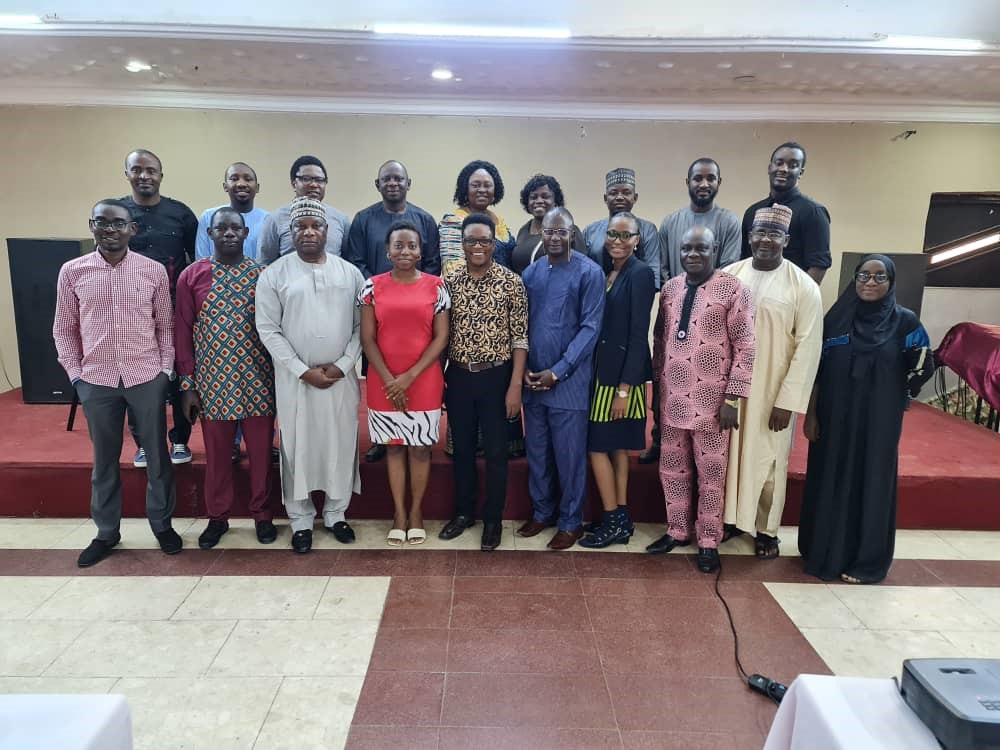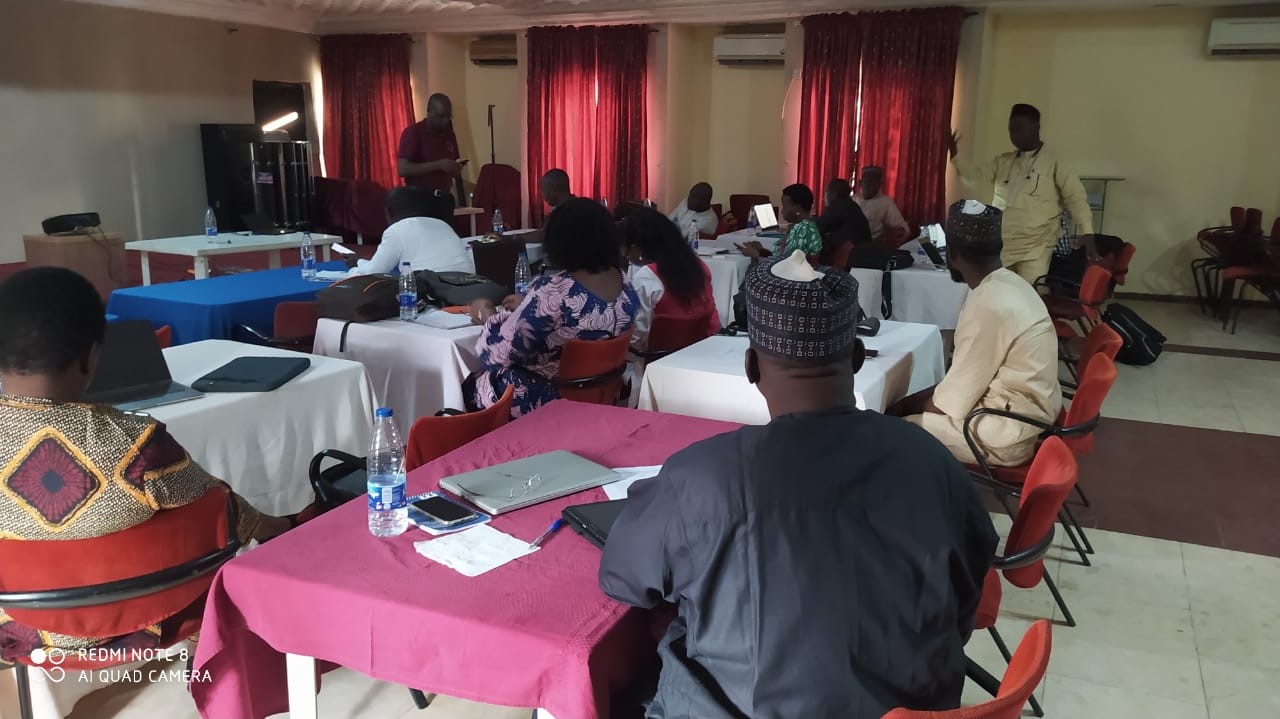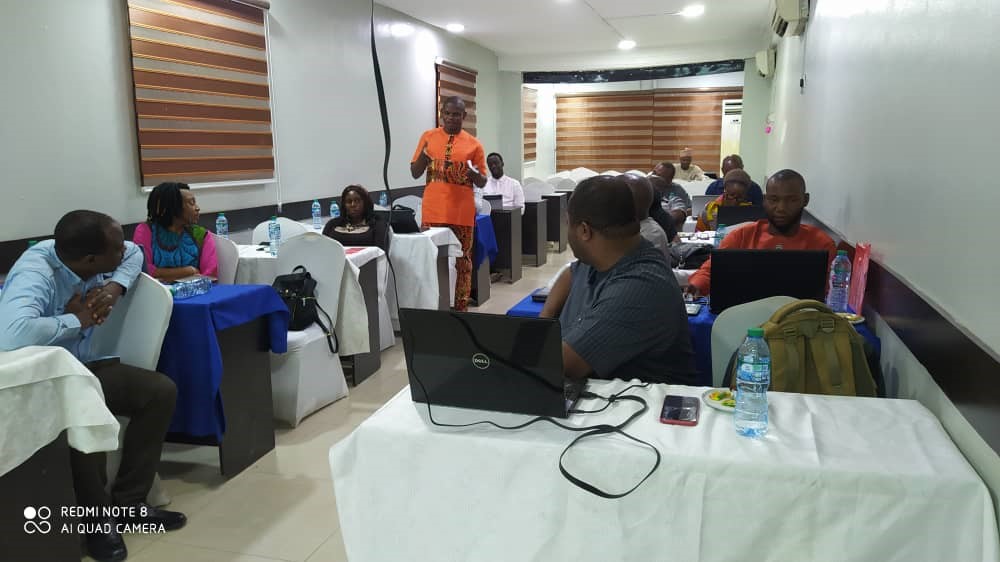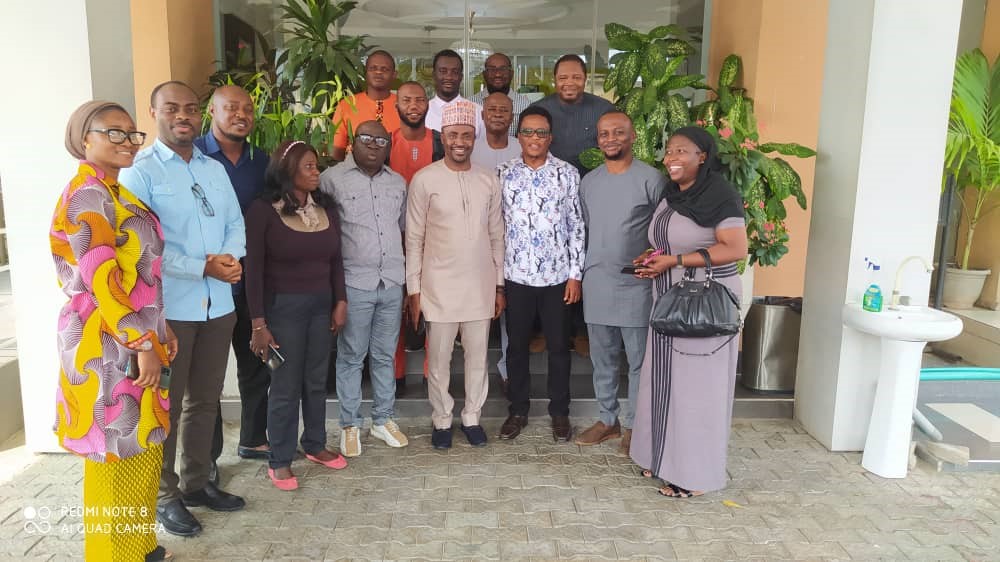



Needs Assessment of the Secondary Health Facilities Selected in 35 States to be Equipped for the Provision of Critical Care for COVID-19 Patients and Other Diseases of Public Health Importance
- Client: National Agency for the Control of AIDS (NACA)
- Project Year: 2022
- Geographic Zone: 35 states
- Area of Focus: COVID-19, Critical care, Public health
Description of the Project:
In Nigeria, the few hospitals with critical care capacities are tertiary health facilities, which are often located in the state capital or other big cities. This has resulted in inequitable access to critical care services in rural and semi-urban locations. Hospital equipment for critical care case management is lacking in many state-owned secondary health facilities, particularly in those located in rural and semi-urban locations, where most Nigerians receive routine and emergency care services.
It follows that if these health facilities in the rural and semi-urban areas are properly equipped for critical care case management, a large proportion of Nigerians will have guaranteed access to critical care, and it will also improve treatment outcomes for COVID-19 and other health conditions requiring critical care. It will also reduce unnecessary pressure on the tertiary facilities occasioned by the COVID-19 pandemic, as well as the pressure on the relatives of patients who always travel long distances to the tertiary health institutions in the cities to care for their loved ones.
One of the grant conditions that must be fulfilled before procuring equipment for critical care is the identification of the facilities that will receive the equipment and a proper needs assessment of the selected facilities. It is also important to assess the human resource capacity and leadership gaps to enable comprehensive support, allow the individual secondary health facility to benefit maximally from this investment, and provide required services to the clients.
The objectives of the project:
-
Conduct a Needs Assessment of the secondary health facilities in the 34 states plus FCT.
-
Development of the action plan based on the findings.
-
Monitor the interventions and support provided to the facilities that will benefit from the equipment.
